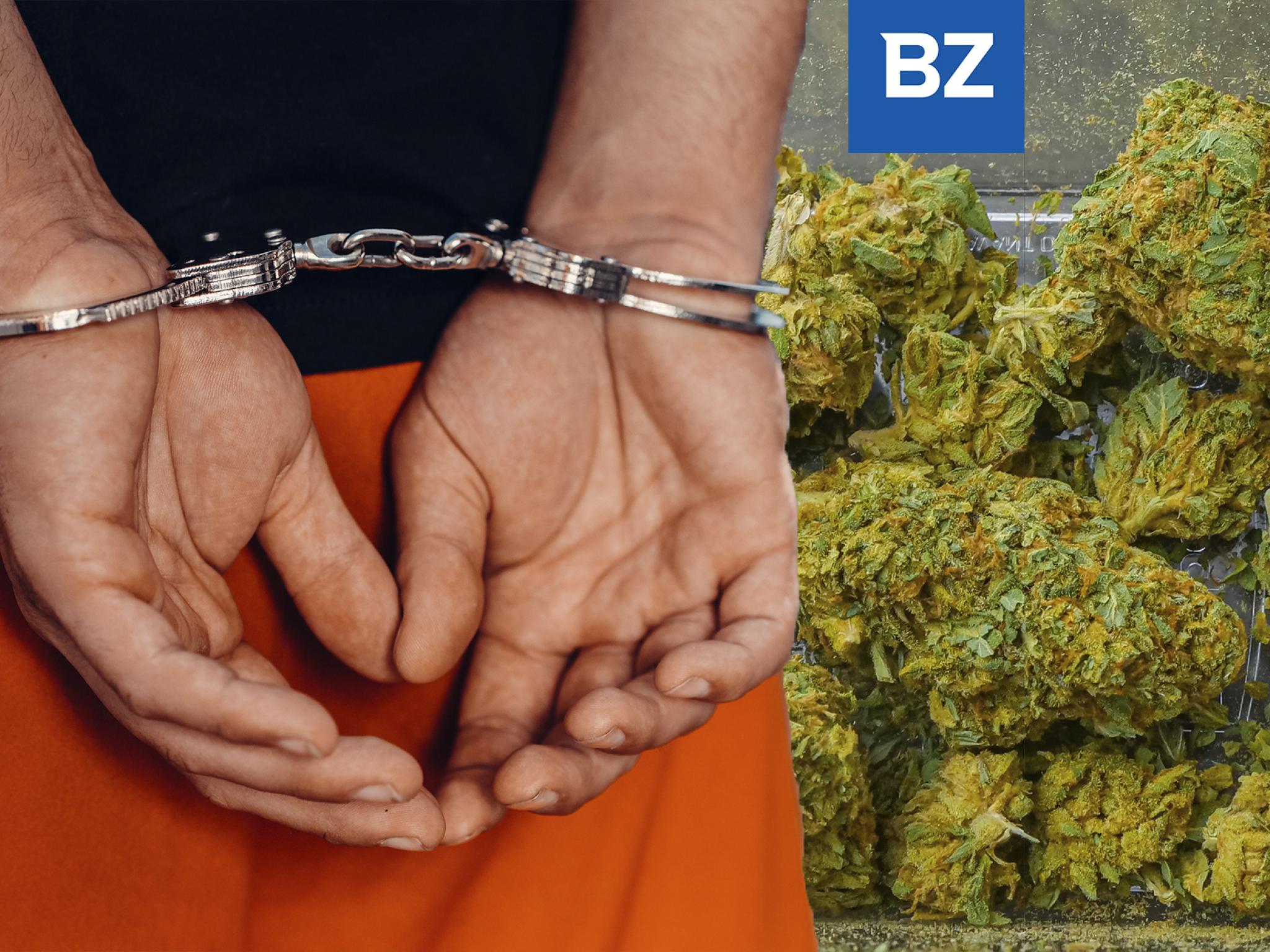
Despite the federal government allowing the legalization of cannabis on a state level, there remains a lack of federal guidance for tribal marijuana programs.
As a result, bureaucratic, investing, and scalability hurdles continue to persist.
Deb Haaland, the Biden Administration’s interior secretary (and the first Native American to serve in a cabinet position), said recently that the department is not deaf to requests for discretion that would allow tribes to create their own rules for the cannabis program, reported Marijuana Moment.
However, during a hearing before a Senate Appropriations subcommittee held on Wednesday, Sen. Martin Heinrich (D-NM) pointed out that Bureau of Indian Affairs (BIA) funds are being used to interfere in the Tribal marijuana program, and should actually be allocated to combat violent crimes and cases of missing Indigenous people.
It is a “horrible misappropriation of focus at a time when we have such pressing needs,” Heinrich said. “Why, instead of focusing on this crisis [of violent crime] that is truly a crisis, are limited BIA resources being used to enforce federal cannabis laws on reservations where cannabis has already been legalized by the sovereign tribe?” the senator asked the secretary, who is the first Native American to hold the cabinet position.
Haaland said that the question “also involves the authority and policy of the Department of Justice, and I respect that we have to have an administrative approach to this. So it’s absolutely noted. We have been approached by tribes on this issue as well, and so it’s something that we are not ignoring.”
Rep. Dave Joyce Supports Tribes Left Behind By U.S. Cannabis Laws
U.S. Rep. Dave Joyce (R-OH) earlier addressed the issue by securing a language in the fiscal year 2023 appropriations bill to protect the rights of Native American tribes which are impacted by federal cannabis laws.
The language aims to protect tribes that have a license to use, distribute, possess or grow marijuana. It is part of the proposed FY 2023 funding bill for the U.S. Department of the Interior, Environment and Related Agencies, where Joyce serves as a ranking member.
“Enforcing federal cannabis laws on tribal land, especially in cases where the tribe and the state have legalized cannabis use, is wrong and it needs to stop,” said Joyce. “These misguided enforcement actions have sent a chill through Indian country — tribes are unsure if the federal government will continue to enforce and prioritize federal marijuana laws only on reservations.”
New Mexico's Tribal Nations Enter Cannabis Market
Meanwhile, in March the Pueblos of Picuris and Pojoaque, two of the 23 tribal nations in New Mexico, signed an intergovernmental agreement with the Land of Enchantment, thus making a step toward creating their own marijuana cannabis operation within their communities.
The deal also allows the tribal communities to apply for state licenses for any business they would conduct outside tribal lands.
Benzinga photo. Source: Image from Pixabay







